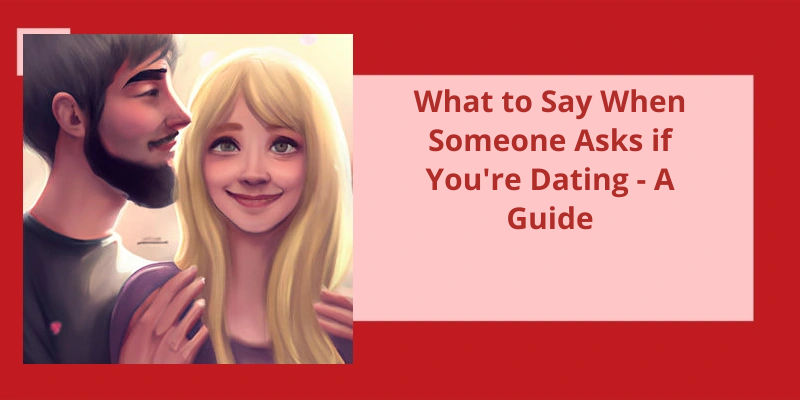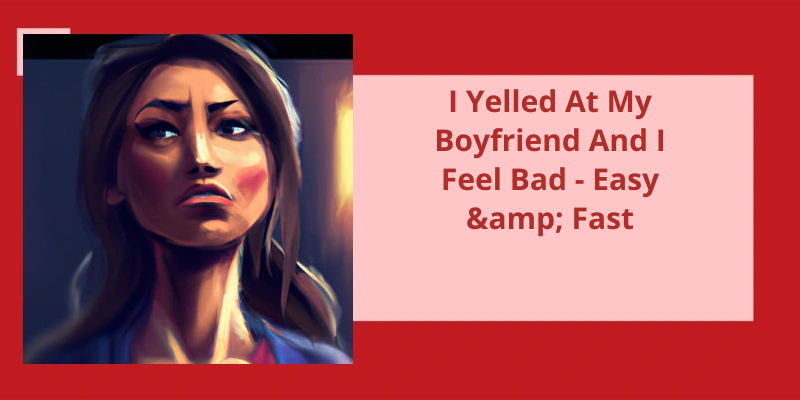Love is a powerful emotion that can bring two people together in a special way. It is a feeling that can be expressed in many different ways, but the most powerful way is to simply say "I love you." When someone says "I love you" to another person, it is a beautiful moment that can be incredibly meaningful. When the other person responds with "me too," it is a sign that the love is mutual and that the relationship is strong. It is a moment that can bring joy and happiness to both people involved.
Is “me too” a response to “I love you?”
It is important to remember that the phrase “me too” is like saying the same thing, while “you too” makes no sense. The correct response to someone saying “I love you” is “I love you too”. This phrase is a way to show that you care and appreciate the other person”s feelings.
To sum up, “me too” is a phrase that is used to show agreement, while “you too” is not a valid response. The correct response to someone saying “I love you” is “I love you too”. This phrase is a way to show that you care and appreciate the other person”s feelings. It is a simple yet powerful way to express your love and appreciation for someone.
What is the reason why you should not respond “I love you too”?
It is clear that too is not a separate clause, but rather a form of support for something already existing. It does not require one to make their own choices or take any action, but instead to simply throw their support behind an existing thought.
To sum up, too is not a clause that encourages personal growth or originality. Instead, it is a form of support for something already existing, and does not require any further action from the individual.
Can you reply with “me too” after I say “I love you”?
It is important to be aware of the subtle differences in the meaning of the phrase “i love you too”. Saying “I too love you” or simply “I too” can help to avoid any ambiguity and ensure that the intended message is conveyed. Furthermore, it is important to be aware of the different meanings of the phrase “I love you too” depending on the context in which it is used.
To sum up, it is important to be mindful of the nuances of the phrase “I love you too”. Saying “I too love you” or simply “I too” can help to ensure that the intended message is conveyed. Additionally, it is important to be aware of the different meanings of the phrase “I love you too” depending on the context in which it is used.
Do you say “I love you too” to me?
It is important to remember that the phrase “i too love you” is correct and appropriate for formal situations. The phrase “Me too” is informal, but should not be used in formal settings. The phrase “You too” is incorrect and should not be used.
To sum up, the phrase “I too love you” is the only correct and appropriate phrase to use in formal situations. The phrases “Me too” and “You too” should not be used as they are both incorrect and informal.
Is it acceptable to respond to you as well?
“you too” is a valid spoken english phrase that is used to repeat the senders statement. However, it is important to be aware of when it is not appropriate to use this phrase.
To sum up, “you too” is a common phrase used to repeat the senders statement. It is important to be mindful of when it is not appropriate to use this phrase in order to avoid any misunderstandings.
Can I reply as well?
It is important to remember that when agreeing with a positive statement, the correct response is “,me too.”, On the other hand, when agreeing with a negative statement, either “,me neither”, or “,me either”, can be used, although “,me either”, is often considered ungrammatical.
To sum up, it is important to remember the correct response when agreeing with a positive statement is “,me too.”, When agreeing with a negative statement, either “,me neither”, or “,me either”, can be used, although “,me either”, is often considered ungrammatical.
What is your response to me as well?
It is important to remember that the phrase “me too” does not mean “i miss you too”. Instead, it means “I too [do exactly what you just said you did]”. Therefore, if someone says “I miss me too”, the correct response would be “I miss you too” or “Miss you too”. This phrase is commonly used in casual conversations and can be used to show agreement or understanding.
No, MeToo is not a response to I love you.
It is important to understand the difference between “me too” and “you too”. “Me too” is the appropriate response when someone says “I love you”, while “you too” does not make sense in this context. If you want to add some extra sentiment, “I love you more” is a great way to express your feelings.
To sum up, “me too” is the correct response when someone says “I love you”. “You too” does not make sense in this context, and if you want to add some extra sentiment, “I love you more” is a great way to express your feelings. Understanding the difference between these phrases can help you express your feelings more accurately and effectively.
What does it mean to respond with “I love you” in return?
Saying “i love you” back to someone is a powerful way to show that you feel the same way about them. It is a sign of commitment and trust, and it can be a great way to strengthen the bond between two people.
When someone says “I love you” to you, it is important to take the time to think about how you feel and to be honest with yourself and the other person. If you do feel the same way, saying “I love you” back can be a great way to show your commitment and trust in the relationship.
Should I say “you too” or “me too”?
It is important to remember that the phrase “you too” is a short way of saying “it is nice to meet you too”. It is a polite response to the phrase “Im glad to meet you” and implies that the speaker is also glad to meet the other person.
To sum up, it is best to respond to the phrase “Im glad to meet you” with the full phrase “Im glad to meet you too” in order to avoid any confusion. This is a polite and friendly way to acknowledge the other person and show that you are also glad to meet them.
If I say “I love you” and the other person responds with “me too,” it means that they love me as well.
The phrase “me too” can be used as a response when someone says they miss you, but it is not the most appropriate response. Instead, it is better to use the phrase “I miss you too” to show that you are reciprocating the sentiment. This phrase is more clear and direct, and it will leave no room for confusion.
Overall, it is important to be mindful of the words you use when expressing your feelings. Using the right words can make a big difference in how your message is received. Therefore, it is best to use the phrase “I miss you too” when someone says they miss you.
Is it grammatically correct for me to say I love you?
“
the word “too” is often used after the subject, but it should be preceded by a comma. This is important to remember when writing, as the correct punctuation of “I, too, love you” can make a big difference in the meaning of the sentence.
Overall, the use of the word “too” is a common mistake when writing. However, it is important to remember that a comma should be placed before the word “too” in order to ensure that the sentence is correctly punctuated. This is especially true when writing sentences such as “I, too, love you”, as the correct punctuation can make a big difference in the meaning of the sentence.
Conclusion
"I love you too" is a powerful phrase that can bring joy and comfort to both the speaker and the listener. It is a simple yet meaningful way to express love and appreciation for someone. It is a phrase that can be used in many different contexts, from romantic relationships to friendships and family relationships. No matter the context, "I love you too" is always the correct response when someone expresses their love for you.






